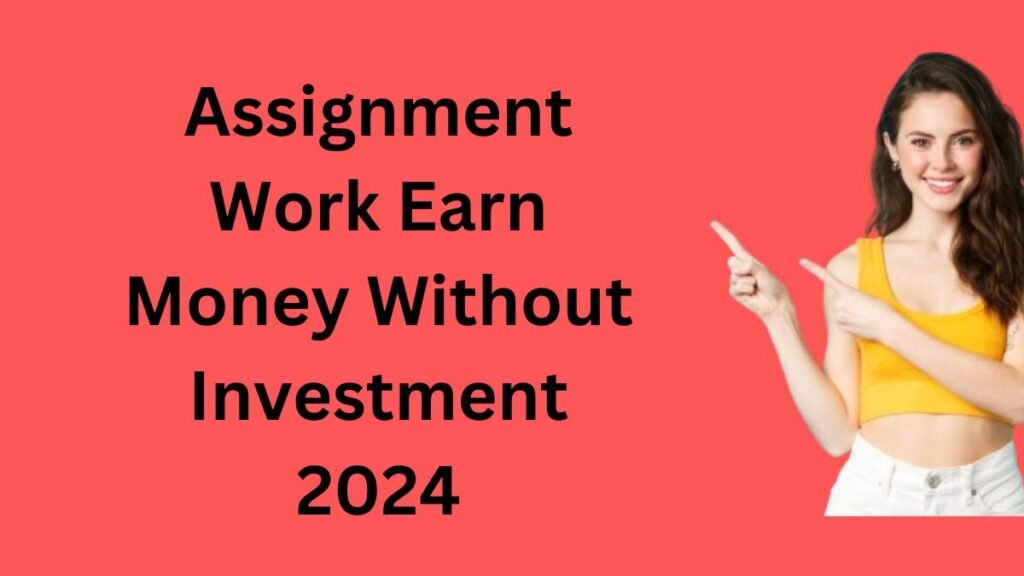Every day began with something we term learning. We learn new things, ways to express ourselves, and new topics about our world. The question “How does learning happen” is a good one because it gives us an insight into what and how our brain functions when we learn something new. Education can occur in school, at home, on the playground, or even further afield.
We read books, have talks with somebody, or play games, and even when I make mistakes. So in this post, we are going to discuss about learning styles of humans, how they learn, and what makes a learner better. The better we know how to learn, the more of these opportunities in our life means growth and improvement.
What is Learning?
Education is a process of learning in which some people become able to read, write, and explore anything. As if fitting puzzle pieces into one another using your head, it allows you to close in on how the world works.
Your memories are like this because when you learn something, your brain connects the new information to things that have already been learned. By doing that, you can make it easier for yourself to retain information and apply what you learn in real situations.
Indeed, learning extends beyond the classroom. That is something a child learn when they learn how to tie their shoes, ride a bike without training wheels on and do not have leg armor, or figure out that math problem. Education is a never-ending path that guides you through life no matter how old you are.
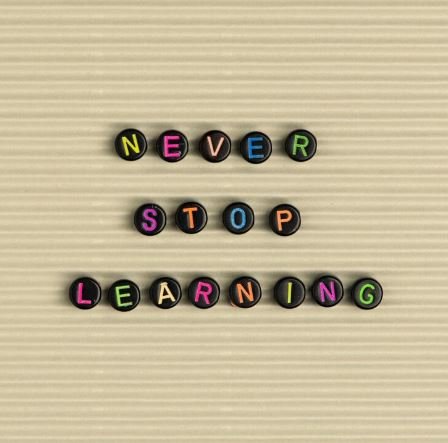
How Does the Brain Learn?
Our brain is a supercomputer that runs the software called our thoughts which, in turn, controls everything we do. Our brains think, remember, and solve problems by the use of this facilitation. Learning involves the formation of new pathways between neurons in our brain.
These links are little bridges that assist with the passage of information from one area of our brain to another. The thing is, the more we learn new things, our neurons will make those connections again, and in turn, they just become stronger.
An example of this is when you learn how to spell a new word, your brain builds a connection in its storage space that tells itself the letters are related together and goes something like so. The more you practice, the closer these connections will be making it much easier to recall or apply when needed.
That is a process called neuroplasticity, our brain can change and evolve with what we learn. This is why practice, over and over again helps strengthen the pathways in your brain that allow you to learn.
Different Ways of Learning
There are so many different ways that people learn, and everyone has their style of learning in which they work best. Over the years, we accrue a few ways in which people learn:
- Visual People: These are people who learn best by seeing information. They love looking at pictures, watching videos, and reading books. In most cases, visual learners just need to have things drawn out or written down for them to understand the information better.
- Auditory Learning: These learners focus best when listening. They prefer stories, explanations, and conversational dialogue. These learners can remember what they hear in the information.
- Kinesthetic Learning: Kinesthitsic learners learn by movement. They prefer hands-on activities such as building, drawing, and experimenting. It requires movement and hands-on experience such as working with objects which allows kinesthetic learners to understand how things are done.
- Reading and Writing Learning: The way of learning for some people is by reading information and writing down the same. It makes them like taking notes, creating lists, and reading books or articles. Writing stuff down helps the things to process and remember.
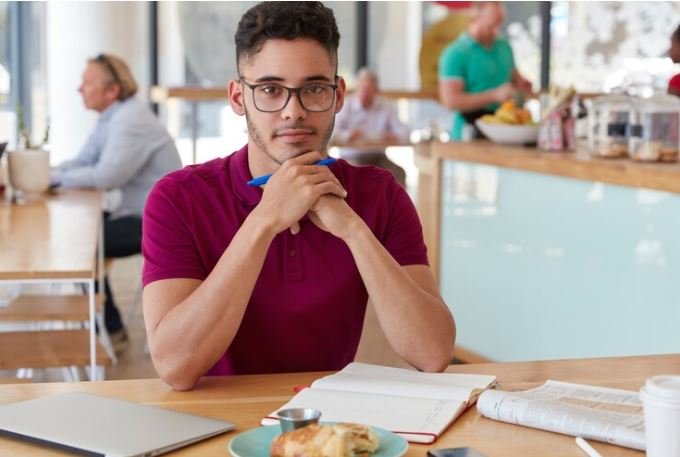
Learning Through Play and Exploration
Exploring and playing is probably the most fun way to learn. Playing is how we experiment, problem-solve, and be creative. Create games and other activities to make learning fun, rather than a task.
For instance, playing with blocks can teach you about balance and shapes while a word game might help to increase your spelling as well as vocabulary.
Learning happens in the exploration of nature with a walk or when going into different places. Exploring makes you look at how things are done, make inquiries, and find out about those new thoughts.
Being able to learn new things while also being hands-on with them, means that what you are learning about is more meaningful and not just something said in a textbook.
Learning by Making Mistakes
Everyone makes mistakes; The Key is you learn from them. You learn through experience; when you attempt something new, and it goes wrong that is a lesson in what not to do next time.
It makes us realize what we need to do better and keep trying| until get it correct. It’s fine, you can make mistakes, and that is part of the learning process. Every mistake is another opportunity to learn, develop your skills, and improve yourself.
Learning by Asking Questions
By asking the questions, you can gain valuable insight. Asking questions demonstrates that you are interested and inquisitive. They’re what help to shape your research, find answers, and ultimately work out the meaning of things.
If you are studying the solar system, after finding out that planets orbit their star (like our sun), your course of inquiry takes a turn toward questions about gravity and what it does.
Ask teachers, parents, friends, and even the internet. Ask, “Why?” or “How?” since these are questions that help to offer new knowledge.
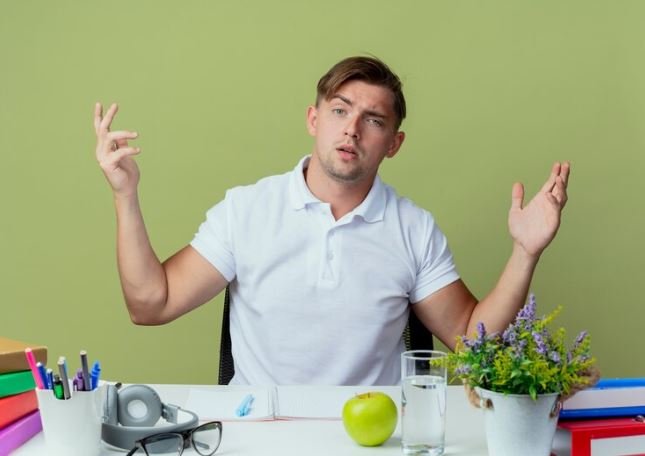
Learning from Others
Lastly, learning from others is also an essential way to learn. The most amount of basic knowledge can be gained merely by observing others on how things are done, listening to experiences, and following guidelines.
That is when, for example; your parents cook you a meal so they teach you or show you how to play a game and then You are learning from them.
Teachers, coaches, or even professionals can help expand their knowledge and offer to teach you special skills. By observing others, you will see different ways things can be done and gain new perspectives which could spark a change in your behavior.
Practice Makes Perfect
Practice is one of the most crucial learning processes. Practice, on the other hand, is doing what you learn over and over till it gets easier. Practice helps improve It follows the above principle one that remains unchanged for riding a bike, playing an instrument, and similar things.
It will help solidify those neural connections and make the material easier to recall. Even if something seems hard at the start, not everything is impossible or unachievable. Whether that is maths, reading, or a sport the key to becoming perfect at anything you want- is practice.
Learning Takes Time and Patience
Well, no education is made in a jiffy; it requires effort and patience to grow one. Others, of course, are easier; some things just take practice. Getting frustrated when things are more difficult for you than what they make out is fair enough but don’t give up trying.
Breaks, assistance and a daily to consistent practice can help keep learning sustainable for all of us. Learning it your way in time you need to gain a better understanding. You learn step by step and every next step gets you closer to your objective.
The Role of Memory in Learning
Memories are vital because our learning is dependent on them. This helps us with learning and memory, so that when we need the information it is stored safely away.
Memory can be further subdivided into short-term memory, allowing memories to enter your mind for a few seconds before being discarded or consolidated into long-term storage, and long-term (potentially lifetime!) Memory.
The process by which you store information in your brain goes like this: When we learn something new, it normally gets stored in short-term memory.
With repetition, and practice it moves to your long-term memory and gets stored there for longer periods. First and foremost, reviewing what you’ve learned is crucial to ensure information moves from your short-term memory into long-term memory.
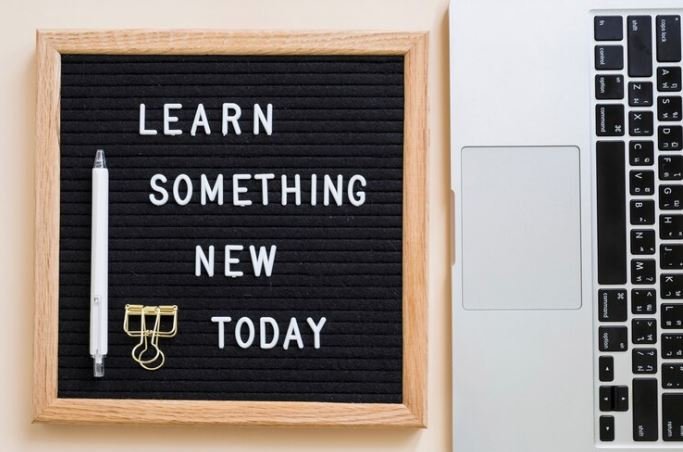
Setting Goals Helps Learning Happen
Goal Setting This is my other most excellent way to set ourselves up not to fail. Goals provide you with motivation and a direction to aim for. If your goal is to learn swimming, the first step would be learning how to float which eventually leads you into reaching that bigger goal.
Goals make learning an achievable game. When you are working towards something, it motivates you and helps quantify progress. By improving those little pieces, you will have demonstrated that A) progress is possible and B.)
Feeling good about yourself because of the quick wins itself keeps motivation up so having some small success along the way makes it easier to maintain your forward momentum.
Staying Curious and Enjoying Learning
Curiosity is one of the very best ways to learn more. Curiosity is a kind of spark that leads you to investigate the unknown, question your current real reality, and make worldly findings. You look forward to learning if you are curious.
To keep the curiosity alive you could do some stuff out of your comfort zone, read books on random topics, or even go in the wild. To Rock learning which helps you retain, I’ll explain how it all just clicks and fits. The most important aspect of all is to remember that learning can also be fun, unexpected, and filled with exploration.
Conclusion
A great way Learning is something wonderful and it helps us become better every day, it’s a tool for problem-solving since you learned it’s like this. This takes place in many forms, by seeing or hearing or doing, asking questions trial and error, etc. To fully take advantage of every learning opportunity we have to understand how it happens.
As long as we remain curious, goal-oriented, and patient with ourselves, we can become better learners. Life is a journey in which we never stop learning There is an opportunity to learn something new every day in life and embracing this pursuit indirectly makes us smarter, more functional beings who are genuinely exuberant about the world that surrounds them.


